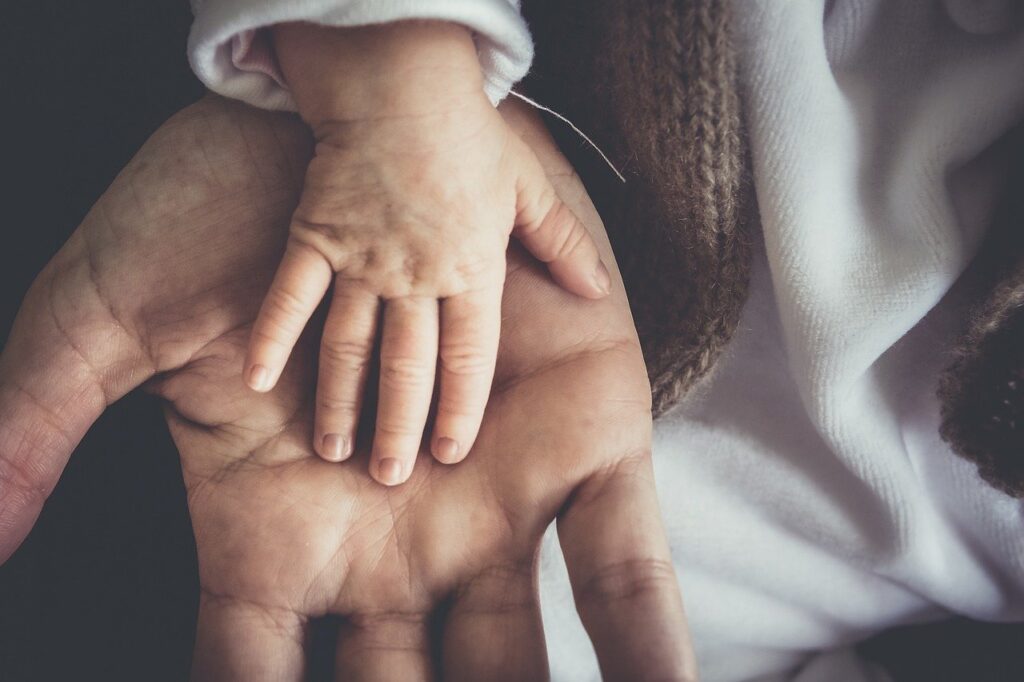Written by: Dr. Landon Opunui, ND on June 4th, 2020
The last official day of class for Molokaʻi public schools was March 13. Circumstances outside everyone’s control did not allow for students to return to school for the remainder of the academic year nor have traditional graduations.
With the exception of a very rare condition known as multisystem inflammatory syndrome in children (MIS-C), in which COVID-19 complications can lead to severe complications and death, most children respond to the virus with a healthy immune response that leads to mild symptoms that resolve quickly.
Like most residents on Molokaʻi, however, most downstream consequences of this pandemic come in the form of significant life adjustments, psychological stress and economic hardships.
The closure of schools and transition to remote learning has not been easy for both caregivers and students. Virtual education is not accessible for some, and not an effective teaching tool for others, which can lead to a loss in learning. Without friends and communities, mental health and socio-emotional development may also be affected.
With kids home early from school, child care now falls on households. Some parents are juggling telework and child care responsibilities, which is no easy feat.
Pediatric health care is also taking a back seat. Pediatric services have been reduced in some locations for safety and social distancing measures, resulting in a 46% reduction in childhood vaccinations across the state.
Along with reduced pediatric medical visits, one can see similar trends in dental care. Keiki oral health ranks highest in the nation for tooth decay, which will likely only get worse.
There is also a growing concern for the expanding waistlines of children. A recent publication uses health models that predict an increase of childhood obesity in the United States by 2.4% if school closures continue to December. This may be due to several reasons, which include shopping patterns influenced by economic hardship, higher consumption of shelf-stable foods, which are typically more processed, more snacking on unhealthy foods and a decline in physical activity because of the cancellation of sports and physical education.
On the other side of the spectrum, there is a concern for adequate child nourishment. Many school-aged children rely on the school system for breakfast and lunch on school days. Fortunately, Kilohana Elementary School, Maunaloa Elementary School and Molokai High School all offered grab-and-go meals through May 28. Although some schools across the state will continue to provide summer food services, Molokaʻi schools will not.
Child Welfare Services (CWS), which is comprised of child protection, foster care, adoption and family strengthening and support has also seen a reduced utilization. The primary referral sources come from medical providers, teachers and the judicial system, which have all been impacted by the pandemic. The result is a 33% reduction in CWS intakes across the state. There were 45 teacher referrals in February and zero in April.
This crisis we find ourselves in does not discriminate and it is important that we do not forget the impact it has on our most vulnerable population, our keiki.

